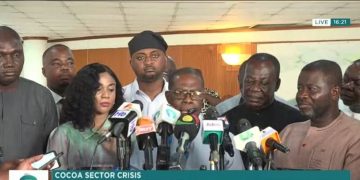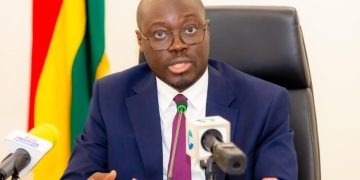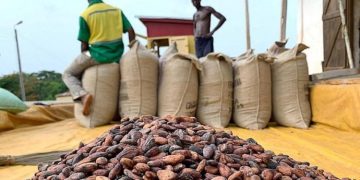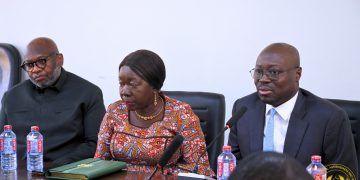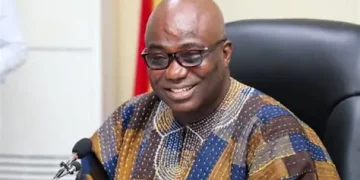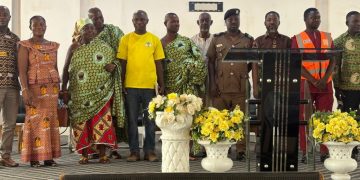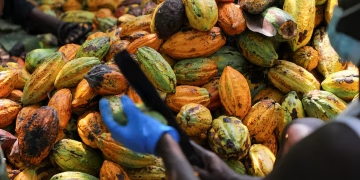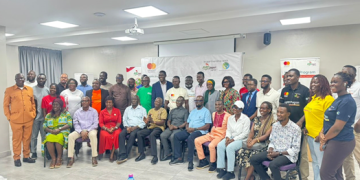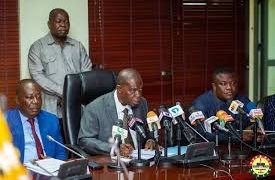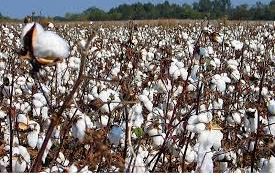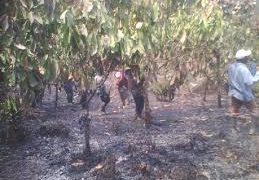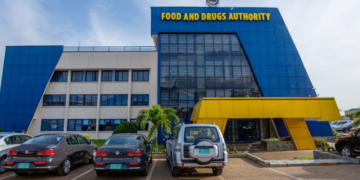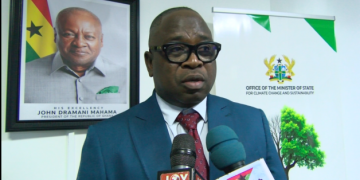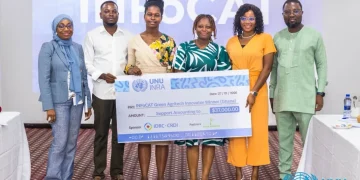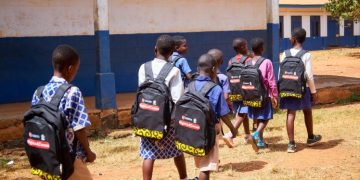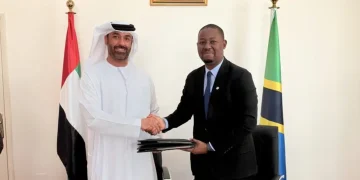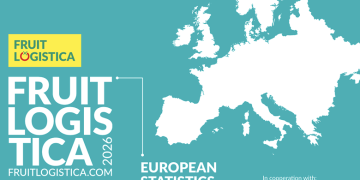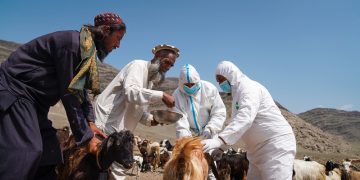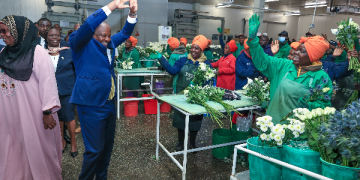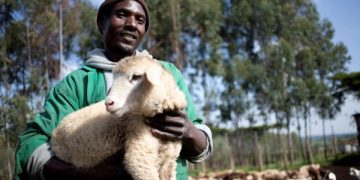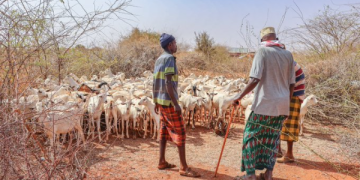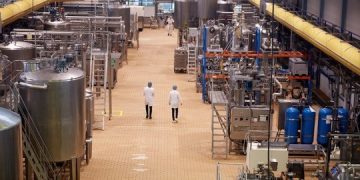The Finance Minister, Dr. Cassiel Ato Forson has stated that the Mahama-led government is committed to building a self-sufficient, industrially vibrant and export-ready agricultural economy.
Presenting the 2026 Budget and government policy in Parliament on Thursday November 13, 2025, the Minister said in fulfillment of this purpose, government has developed the National Policy on Integrated Oil Palm Development that will operate from 2026 to 2032.
He emphasised that “this is a bold and strategic initiative to transform Ghana’s ‘Red Gold’ into a key driver of industrialization, rural prosperity, and foreign exchange earnings”.
According to him, the policy represents a new dawn for Ghana’s agro-industrial future, drawing lessons from global leaders such as Malaysia and Indonesia while adapting them to our local context.
Dr. Ato Forson expressed his disappointment in Ghana’s non-accomplishment in vast oil palm production for consumption and commercialization but rather ending up importing crude oil palm, having been a pioneer in oil palm cultivation in Africa. “Ghana remains one of the earliest countries in Africa to cultivate oil palm, yet we continue to import nearly 200,000 metric tonnes of crude palm oil annually, draining over US$200 million in foreign exchange.” He emphasized on Côte d’Ivoire’s case as a good example worth emulation. “Our next-door neighbour, Côte d’Ivoire, with similar climatic conditions, produces over 650,000 tonnes of crude palm oil annually compared to Ghana’s 260,000 tonnes. This stark contrast underscores Ghana’s vast untapped potential and the urgency for coordinated national action on oil palm production”
He indicated that this policy seeks to change that reality by providing a coordinated national framework to expand sustainable plantations, strengthen local refining and processing, and build competitive value chains that create decent jobs and ensure food security.
The Minister outlined that the policy aims to cultivate 100,000 hectares of new oil palm plantations to create over 250,000 direct and indirect jobs across the value chain; achieve self-sufficiency in palm oil production and export competitiveness; and promote sustainability, gender inclusion, and equitable participation for women and youth.
In alignment, the Finance Minister said government through the Ministry of Lands and Natural Resources will work diligently to secure climate-suitable land for cultivation.










